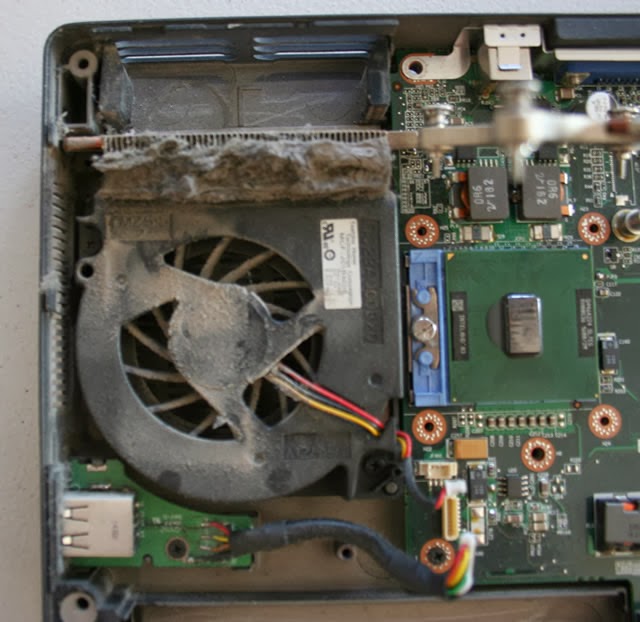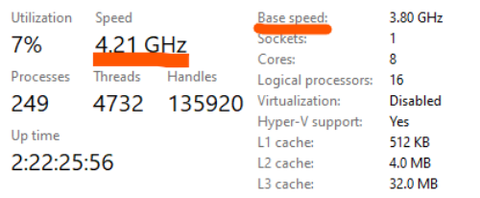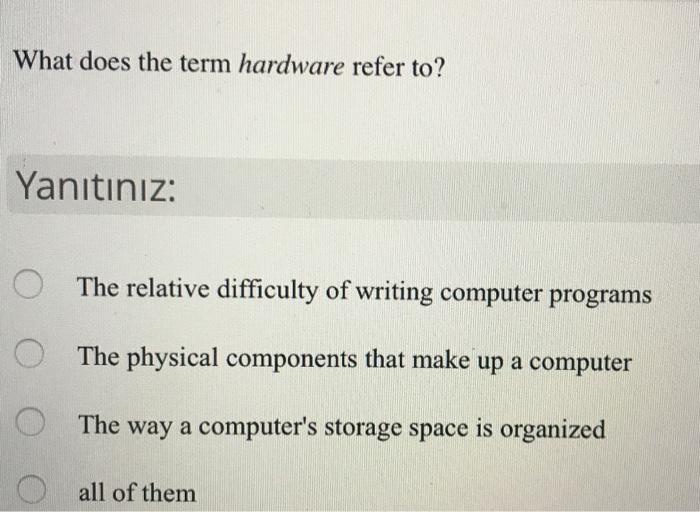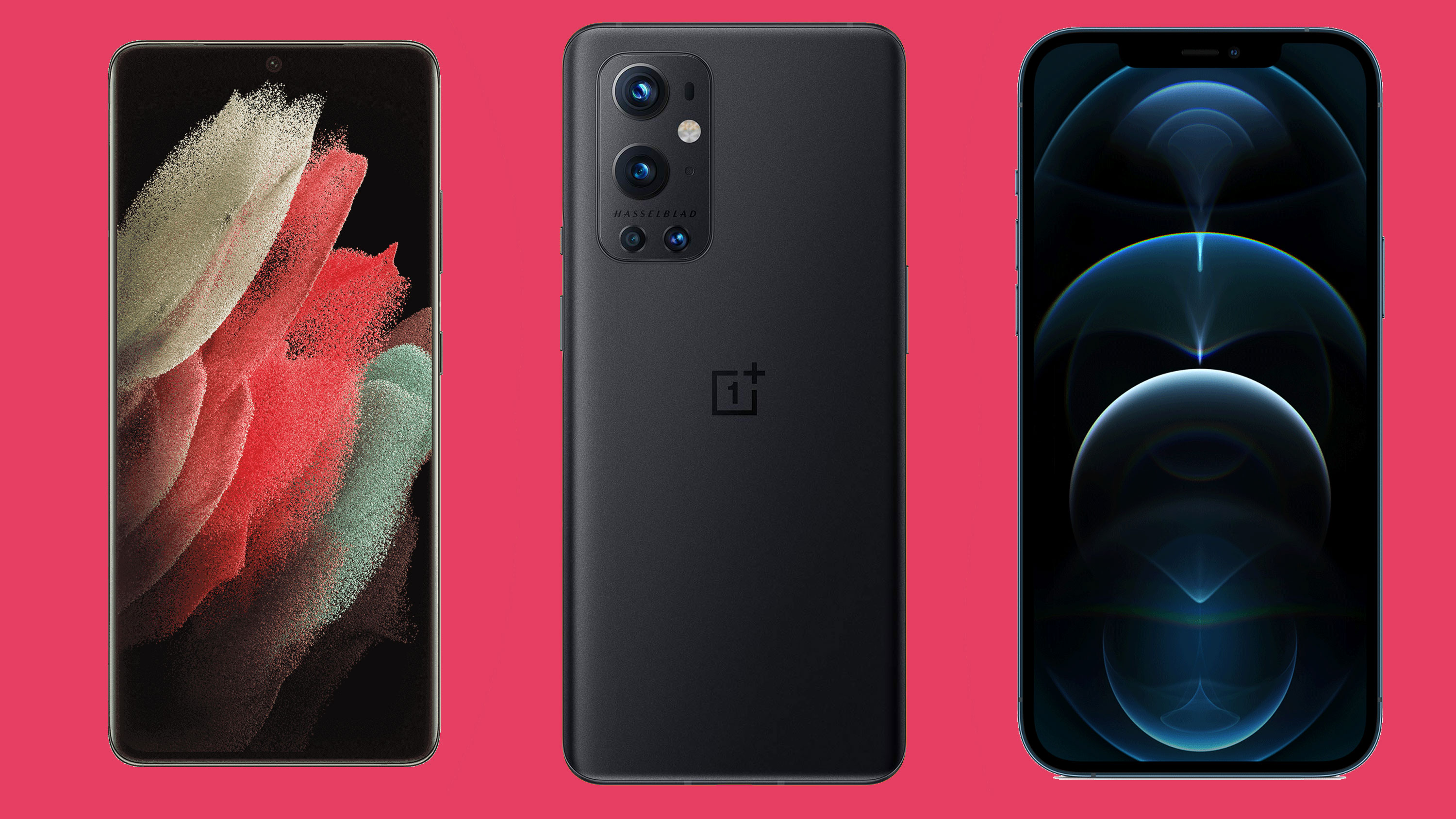Demystifying Prepaid Cell Phones: What They Mean And How They Work
Introduction
Understanding the ins and outs of prepaid cell phones can be confusing, especially if you’re a first-time user. Yet, owing to their affordability and flexibility, prepaid cell phones are becoming increasingly popular. With this comprehensive guide, you'll learn what prepaid cell phones are, how they operate, their advantages, disadvantages, and how to select the perfect one for your needs.
What Does Prepaid Cell Phone Mean?
Unraveling the term 'prepaid' in the realm of mobile phones is simple. It signifies an advance payment method for your phone services. Unlike their postpaid counterparts, prepaid cell phones save you from tying yourself to a prolonged service contract with the provider.
The functioning of prepaid cell phones revolves around your purchase of a specific quantity of services such as talk time, data, or texts. You utilize these services until they run out. Once depleted, your phone requires a 'recharge' or 'top-up.' Thanks to prepaid phones, you can customize your expenditure monthly on your phone services as per your wish. Their added advantage is the absence of a mandatory credit check.
Here's the breakdown:
- ‘Prepaid’ implies advance payment: Prepaid cell phones require you to pay for your services - talk time, data, and texts, upfront before usage.
- No long-term contract: Unlike traditional phone contracts, prepaid phones allow you to avoid long-term contracts with a service provider. So, you enjoy the freedom from contractual obligations.
- Top-up required: Once your available services are used up, you need to 'recharge' or 'top-up' your phone to continue using the services.
- Credit check isn't necessary: Usually, prepaid phone providers do not necessitate a credit check for acquiring their services.
How Do Prepaid Cell Phones Work?
The mechanism of prepaid cell phones may seem intricate, but it's actually quite straightforward once you have a clear understanding of the steps involved. Here is a simplified breakdown of how prepaid cell phones function:
1. Phone Purchase: The first step in using a prepaid cell phone involves buying the actual phone device. The cost of the phone typically isn't covered in the prepaid plans, so you'll have to shell out some initial cash. You might choose a basic budget phone or a high-end smartphone depending on your preference and budget.
2. Selecting a Service Provider and Plan: Once you've secured a phone, the next move is to choose a service provider. Each provider has various plans that cater to different user needs and these plans encompass specific amounts of talk time, data, and text.
3. Payment: With a prepaid cell phone, you pay upfront for the services you'll use. Essentially, you pay for your calls, texts, and data before using them.
4. Usage: As you use your phone to make calls, send texts, or surf the internet, the usage depletes your prepaid balance. So, if you paid for 200 minutes, 500 texts, and 2GB of data, each call you make, each text you send, and any data you consume gets subtracted from those totals.
5. Recharge/Top-up: When your prepaid balance runs out, your phone services cease functioning until you put in more money. You basically 'top-up' or 'refill' your phone to restore services.
The operating principle of prepaid cell phones allows you to make payment for only what you use, controlling your overall monthly phone expenses. In contrast, with postpaid plans, you're billed at the end of the month for whatever you used in the preceding month.
The biggest advantage of prepaid cell phones is their non-binding nature; you can switch providers, change plans, or decide not to add any funds in a particular month without the fear of penalties—there are no contractual commitments involved.
What Are the Advantages and Disadvantages of Prepaid Cell Phones?
As with any product or service, prepaid cell phones come with their unique set of advantages and disadvantages. Understanding these pros and cons can help you make an informed decision.
Advantages of Prepaid Cell Phones
1. Cost Control: Prepaid cell phones allow you to manage your expenses effectively. You pay for what you need, hence reducing the chance of incurring unexpected charges.
2. No Contracts: Unlike postpaid phone plans, prepaid plans don't require you to sign an extended term contract. This flexibility means you can switch providers, change your plan, or skip a month without any penalties.
3. Accessible to Everyone: Prepaid cell phones do not necessitate credit checks or deposits. This inclusivity means almost anyone can get their hands on a prepaid cell phone, regardless of their credit score.
Disadvantages of Prepaid Cell Phones
1. Upfront Expenses: Prepaid smartphones can come with a higher initial cost. Although there are affordable options, the latest models might be somewhat pricey when buying outright, without the cushion of a long-term payment plan.
2. Higher Per-Minute Charge: Prepaid plans consistently require you to top up your balance. As such, the cost of individual calls, texts, or data usage can be higher compared to traditional postpaid plans.
3. Interruption of Service: If you exhaust your credit, your service gets suspended until you reload. For heavy users, this might mean frequent top-ups and the potential for service interruption at inconvenient times.
By weighing these pros and cons side by side, you're well equipped to decide if a prepaid cell phone is the right fit for your mobile needs. Notably, it all boils down to your individual requirements and budget constraints. It's crucial to assess all your options and make an informed decision that resonates with your lifestyle.
How to Choose the Best Prepaid Cell Phone for Your Needs?
Securing the best prepaid cell phone that aligns with your requirements involves considering various factors. Here's how you can make an informed decision:
1. Examine Your Communication Habits: Start by acknowledging your phone usage pattern. Do you use loads of data surfing the internet, streaming music, or watching videos? Or do you primarily use your phone for texting and calling? If you're a heavy data user, look for a prepaid plan offering a generous amount of data at a reasonable cost. However, if you primarily text or talk over the phone, it would benefit you to choose a plan featuring unlimited talk and text.
2. Set Your Budget: After establishing your phone usage habits, you need to consider your budget. Remember, prepaid plans can vary greatly. While some offer a few gigabytes of data for less than $20 per month, others provide unlimited service for $50 to $80. Also, note that the cost of the actual phone can significantly increase the initial cost. While latest, high-end smartphones can be expensive upfront, many prepaid cell vendors also provide budget-friendly options.
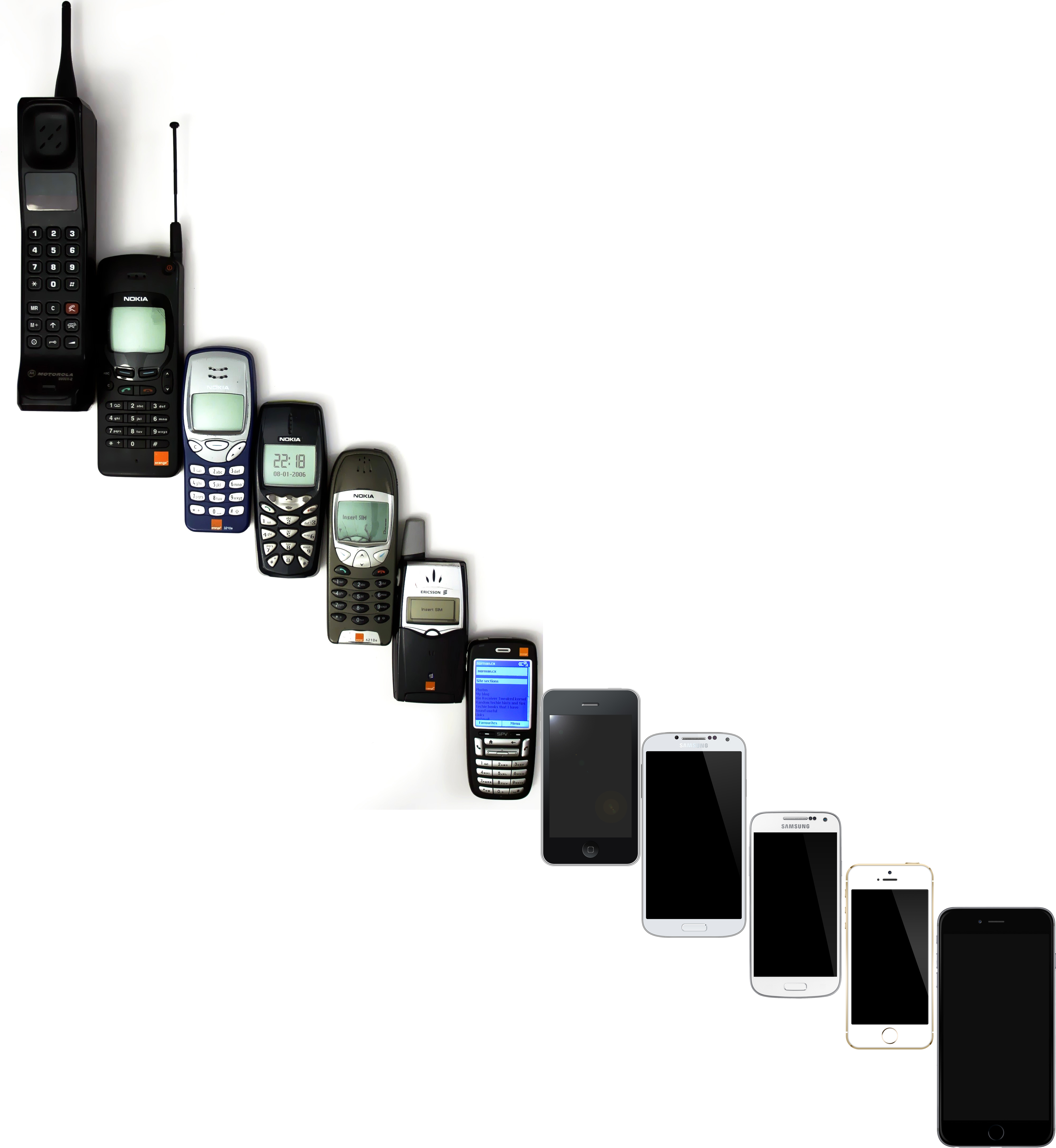
3. Consider Network Coverage: Your prepaid cell phone would be of no use if you can’t get a signal in the places you frequent most. Hence, you should choose a service provider offering reliable coverage in your area.
4. Evaluate Phone Models: Some providers might limit their service to certain phone models. Assess your preferred phone model and ensure that it's compatible with the prepaid plan you are considering.
To conclude, keep in mind that there's no one-size-fits-all prepaid cell phone. Evaluate your personal needs and preferences, budget constraints, and the quality of network coverage in your area. Only by weighing these factors, you can identify a prepaid phone and a suitable plan, delivering the best value for your money.
Conclusion
Prepaid cell phones offer consumers flexibility and control over their telecommunication expenditure. Even though they have a few drawbacks, their benefits make them a viable solution especially for those looking to manage their phone expenses. Remember, the key to getting the best out of your prepaid phone is choosing a plan and phone that cater to your needs well.
Related FAQs about what does prepaid cell phone mean
What are some common misconceptions about prepaid cell phones?
Some common misconceptions are that prepaid cell phones have poor network coverage, they have hidden fees, and they only offer low-tech phones. In fact, many prepaid providers use the same networks as traditional phones, have transparent billing, and offer a range of phones from basic models to high-end smartphones.
How can prepaid cell phones save money compared to contract phones?
With prepaid cell phones, customers can save money by only paying for the services they need. Unlike contract phones, there's no risk for overage charges. Plus, there's no long-term contract, so users can switch plans or providers as necessary to get the best value.
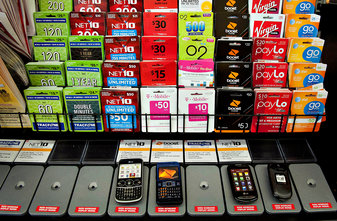
What are some top rated prepaid cell phones on the market?
Multiple phones have excellent ratings, especially within specific categories. Options like Samsung Galaxy A20, Motorola Moto G Power, and Apple iPhone SE are all high-quality prepaid phones. However, the best choice depends on individual customer needs, preferences, and budget.


